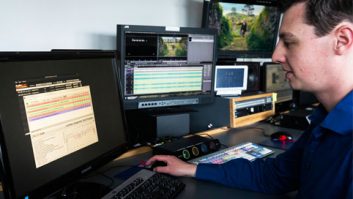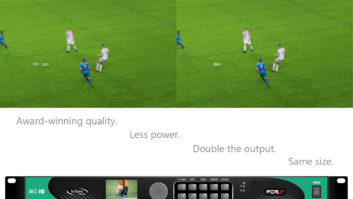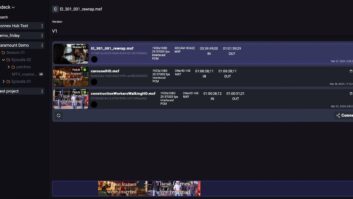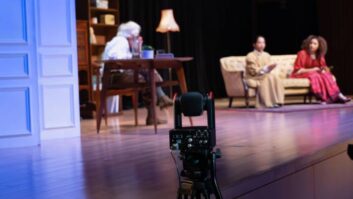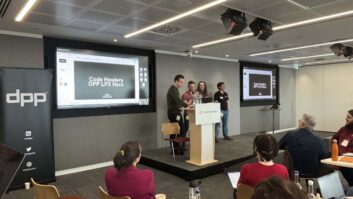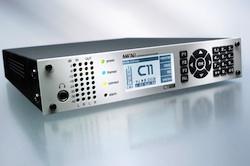
German codec manufacturer Mayah has cleverly combined two of the broadcast industry’s most-talked about events into one story, detailing how it has seamlessly seen broadcasters through the transition from ISDN to Audio-over-IP at both the Eurovision Song Contest and the World Cup.
At the Eurovision Song Contest 2010 in Oslo, Norway, a dozen of C11 Audio Codecs were used for a higher quality transmission of the commentators’ voices. Whereas most of the broadcasters stick to the 22-years old tradition of 7 kHz G.722 quality for this application, some others were trying to deliver better sound by using various MPEG formats. Among the broadcasters benefiting from the Mayah codecs availability as part of the commentary set-up were the BBC, Sweden’s SR and SVT, TROS (Netherlands), SF (Switzerland) and the radio division of the host broadcaster NRK.
NRK also used its Mayah audio codec to establish a SIP-based Audio-over-IP connection to Moscow over the internet. During the preparations for the Song Contest, Russia’s biggest public radio broadcaster Radio Mayak provided their listeners with multiple live contributions from Oslo in high audio quality. Mayah codecs are fully compliant with the EBU N/ACIP standard and could easily communicate over IP with the device of other manufacturer installed in Moscow.
Meanwhile there are about 30 Mayah C11 codecs in use in South Africa for traditional ISDN communication between the various locations in the country and the broadcasters’ headquarters. Missing infrastructure at some locations forces broadcasters to be fast and inventive. In many cases Audio-over-IP comes to help them and bridge their communication. Alfacam Deutschland GmbH has been appointed by Germany’s Public Broadcasters ARD/ZDF as technical services supplier including 5 HD OB vans and uses Mayah C11 for technical and editorial communication.
RTL Germany, meanwhile, keeps Mayah Sporty Reporter Codec as a standalone commentary position back-up solution. While back in Germany public and private broadcasters use Mayah codecs as a communication partner for those “on the road” in South Africa or use them for their live contributions from the public viewing locations in Germany including the famous “Fan Mile” in Berlin.
